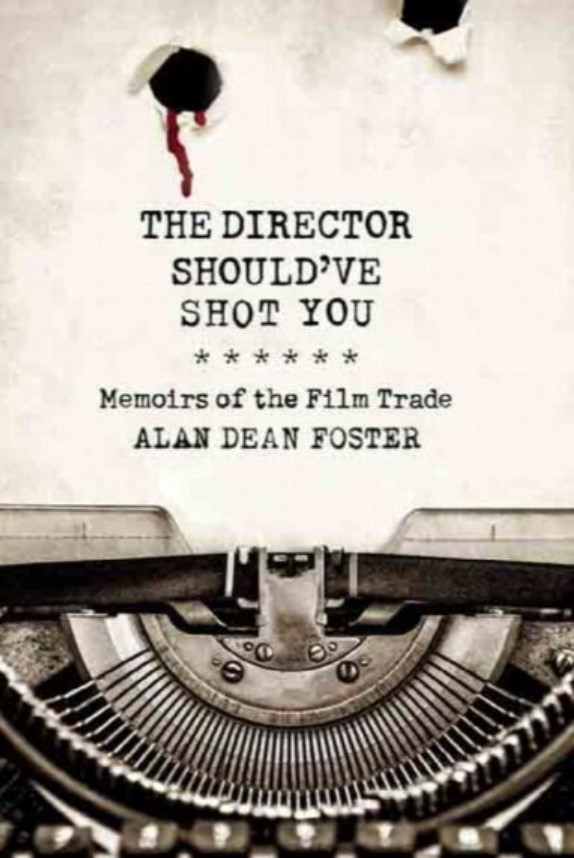A consistent quartet of 4 star reads. First two were actually July but never mind!
I still Dream by James Smythe - New author to me. This is the story of one girl’s development of a super AI. The story is told in multiple parts, each set a decade apart with the POV shifting in each section, though sometimes rather confusingly always in first person. I confess I’m not convinced by the process that eventually results in the AI but the more philosophical aspects did interest me and were eventually very well presented. I say eventually because the first part, set in the 1980s, was terrible; I would have been somewhat older than the protagonist at that time, but it just didn’t feel convincing to me, and I thought the self-harming aspects were a distraction that didn’t help the story in any meaningful way. I very nearly ditched the book at this stage, but it did improve and presented some interesting issues with AIs that become too powerful and ubiquitous. Overall a good book, slightly spoilt by the author trying a little too hard, a good ending rescued a poor beginning and maybe rather too much relationship coverage at the expense of good SF AI material for my taste. I picked this up on the back of a recommendation by Emily St John Mandel and may look at other work by Smythe. 4/5 stars.
Rome’s Fallen Eagle by Robert Fabbri - Another good volume in Fabbri’s fictionalised account of the life of Vespasian. These books feel well researched and, like Cornwell, Fabbri gives notes at the end explaining where he has deviated from the known history and where he has speculated in the absence of documented history. Aspects that make the books feel more convincing. The main problem I have with the books is the high levels of gratuitous gore in the fighting sequences. I guess it’s a difficult balance; these battles would have been grim affairs and veracity demands some honesty in the descriptions but, for me, Fabbri does step a little further over that line than is necessary. 4/5 stars
One Day All This Will Be Yours by Adrian Tchaikovsky - This is a rather fun novella about time travel gone off the deep end! It is told with considerable humour making it a very easy read but it also has more than enough meat to it to make the reader do some thinking. 4/5 stars
Artifact Space by Miles Cameron - New author to me. This is fun, heroic, adventure space opera. No great complexity but a lot of fun. It is a little tope-ish with the slightly cliched young person with a handicap of some sort - deprived background, disabled, discraced (always unfairly) – makes good and performs better than all their elders/superiors to save the day. So okay, very much a trop, but that doesn’t mean it can’t be well done, and Cameron has generally done a good job (though his editor could use a kick up the backside for the amount of valid spelling typos that have slipped through and the illustration and map that do not match the text). I would say it is similar in both style and quality to the likes of Kris Longknife, Vatta and Miles Vorkisigan. So good light reading with a bit of romance but without rubbing your face in it. A bit of a cliff hanger ending and I’m looking forward to the next offering. Very good for a light adventure read. 4/5 stars
These include the first two of a multitude of new, recommended authors I have coming up in the next couple of months. James Smythe’s I’m still dreaming was recommended by Emily St John Mandel and was good but not brilliant. And Miles Cameron’s Artifact Space was recommended by
@Danny McG and
@Vince W (there may have been others but those were the two I remember) along with Peter F Hamilton and Alastair Reynolds and was great easy reading.



